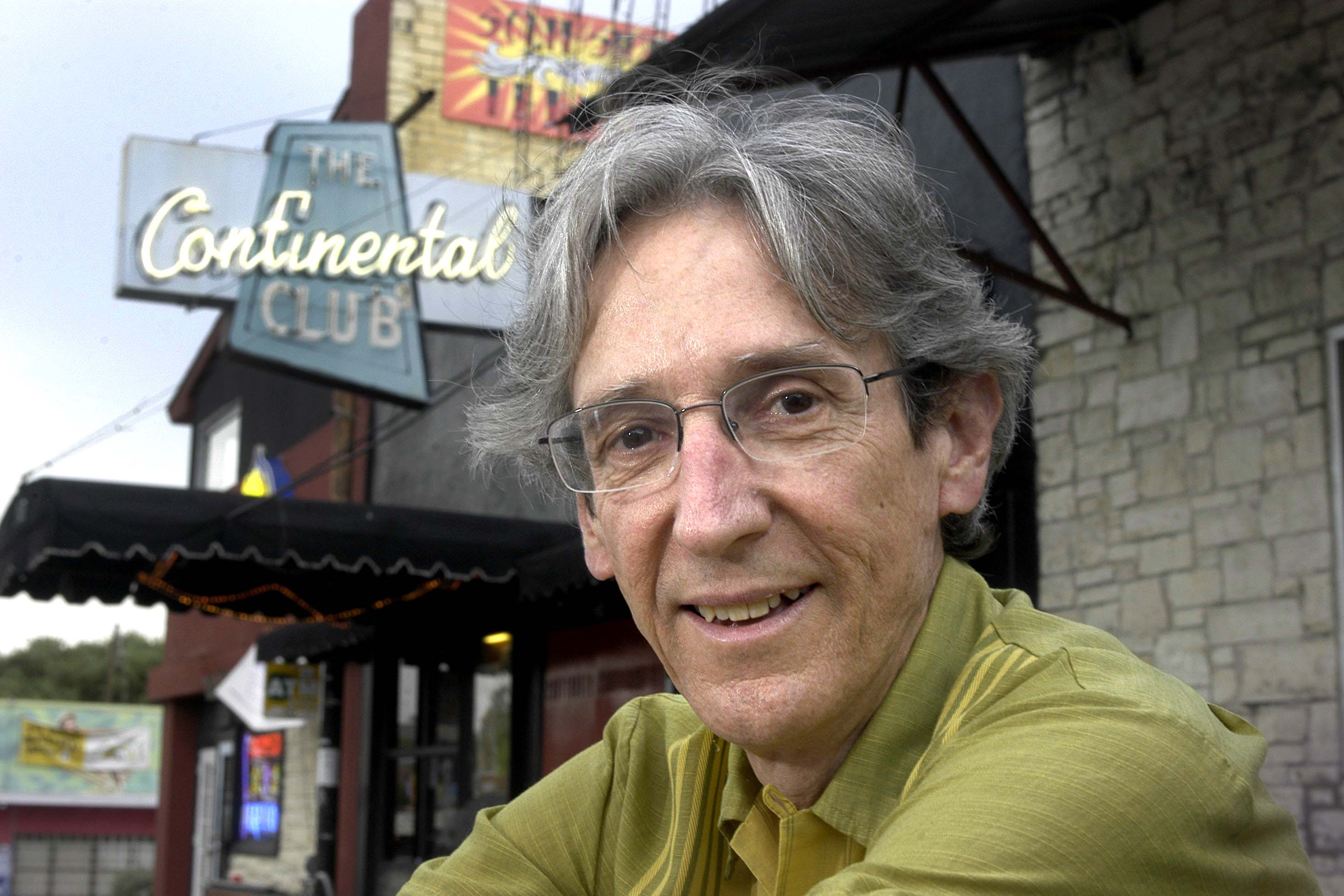Rob Gordon: ‘Understand that what worked well for others might not work for you’

The mark of a successful tenure as a public media executive is to leave an organization stronger than you found it and prepared to face the future. Rob Gordon, who retired in April after 24 years as president and CEO of Nashville Public Radio, has done that and much more.
Most notably, he led Nashville Public Radio through a transition to independence and a signal expansion. By acquiring a second frequency from Vanderbilt University, Nashville Public Radio adopted an all-news format on WPLN, its legacy signal, and devoted the new station, WFCL, to classical music. Nashville Public Radio’s news operation punches far above its weight, especially with locally-focused podcasts.
Read his reflections on his career in this Exit Interview.
How did you come to work in public media?

In the late 1970s I was a grants officer in the music program at the National Endowment for the Arts. NPR and Minnesota Public Radio were among my grantees, and NEA helped fund the launch of A Prairie Home Companion.
I admired and liked the people I met in public radio and the mission resonated with me personally, so I decided that’s where I wanted to work. NPR hired me in 1979, and my first job was to help stations identify grant opportunities. In 1983 when the network very nearly went bankrupt, I became director of what was then called the Station Services department.
NPR’s distress turned out to be a tremendous opportunity for me.
What do you consider your single most important accomplishment at Nashville Public Radio?
Managing WPLN’s transition from a licensee of the Nashville Public Library and a unit of metro government to a community licensee. I had to set up a new non-profit, recruit a board and build a facility. It was a challenging, creative time.
What was the funniest thing that ever happened during your years in public media?
When I managed WSSU in Springfield, Ill., as a joke someone hung a “Mr. Microphone” [a cordless, plastic microphone that transmitted audio through AM radios] on the wall of the control room, next to a sign that said “In Event of Transmitter Failure.” Back then we employed students as board operators to sit in master control throughout the night. One night the transmitter failed, and the student dutifully grabbed Mr. Microphone and proceeded to report the outage.
What’s the No. 1 piece of advice or key message you have for people entering the public media field today?
Public radio has become so complicated, you may find the environment confusing. Look for advice and context from your experienced colleagues, but understand that what worked for them may not work for you. Identify leaders and influencers in your community who use and care about your service — those relationships will prove invaluable.
What do you wish you knew or understood before becoming a CEO?
If you take things personally, you will not be a successful leader.
What is your biggest regret, or the hardest thing you tried to do in your current role, and perhaps failed. And what was your takeaway from that experience?
I allowed a difficult employee to remain on staff long after it was clear he had created a toxic work environment. I did not diagnose and address the situation in a timely manner, and had to own my reluctance to act.
What’s your vision, hope or worry about the future of public media?
I worry about resource inequality and the ability of small market stations to create meaningful local content and raise significant funding.
If you could, how would you restructure the public media system?
I probably wouldn’t. The structure as proposed in the 1969 Carnegie Commission Report has evolved and will continue to evolve. At one time, NPR was virtually the only game in town. Other networks came along to create healthy competition and foster innovation. More recently, the brilliant idea that is PRX has given independent producers still another, alternative outlet.
I am optimistic that thoughtful, visionary leaders in our industry will continue to innovate and respond to the opportunities presented by shifting behaviors and new technologies.









Rob,
Congratulations on your retirement!! Well deserved for a great job well done. Don’t take this personally but I think you’ re one best in Public Radio. I know I’ve been out of a job for a long while but I still respect your work and your personality. Maybe I’ll see you in Nashville sometime as we retired folks wonder about the country.
Again, congratulations and enjoy.
Bob Glazar
Retired KJZZ guy